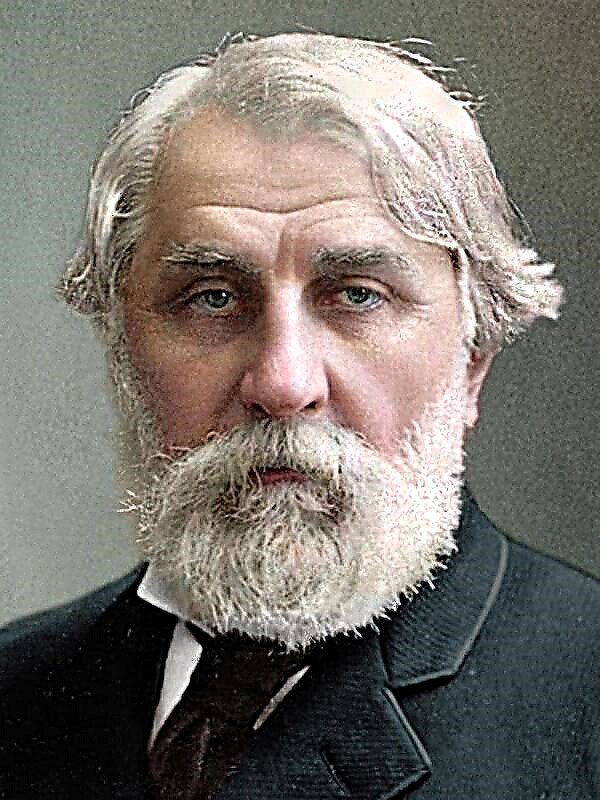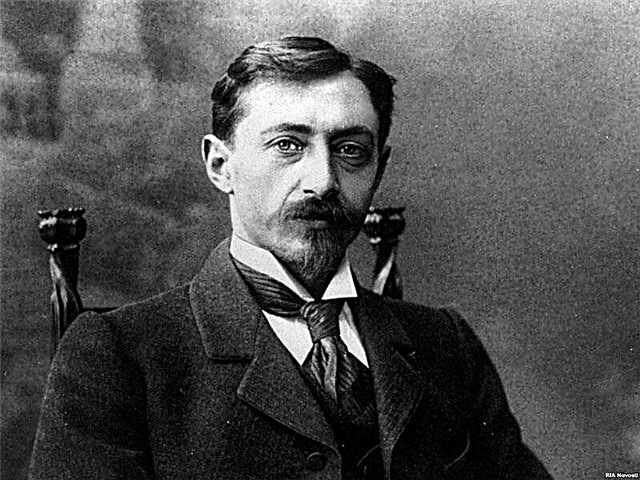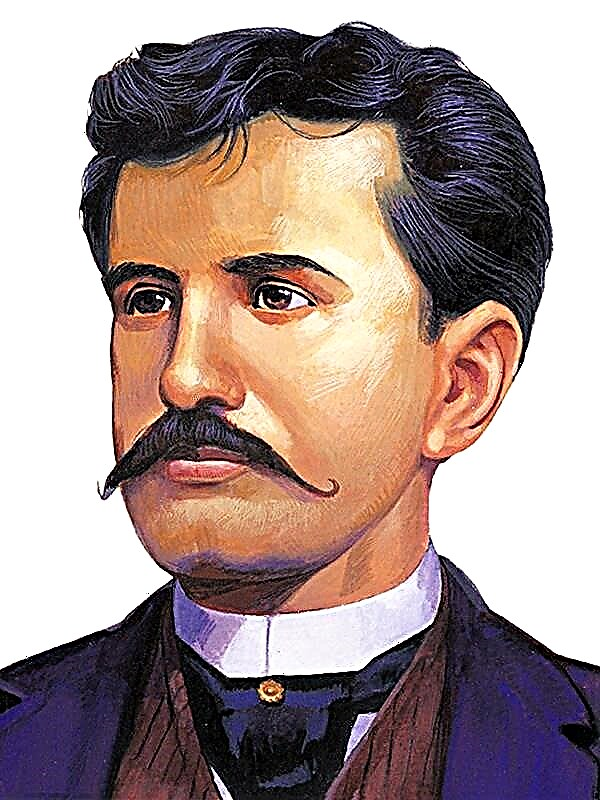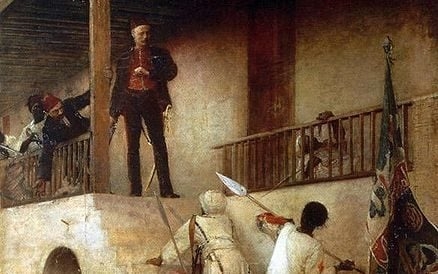(353 words) Ilya Oblomov - a man of thirty-two to three years who does not have any special life aspirations, goals, desires. His whole life consists of slow rest and Zahar, his faithful servant. Once all this could stop, because Oblomov fell in love and got up from the couch for the sake of his beloved. However, even for Olga he is not ready to change. He is the result of his upbringing.
If in childhood he appears before the reader as an active child whom everyone wants to slow down, pacify, then in his mature years he already does not want anything at all, except lying on the sofa in his old bathrobe. And, having married Agafya Pshenitsyna, as it seems to me, he became truly happy. He was surrounded by “motherly” care and affection, and was free to do absolutely nothing and not want. In vain, Stolz tried to change his friend, because if he had succeeded, he would have forever made him unhappy. After all, the path Oblomov had planned was not something terrible. Yes, it contradicts the direction of Stolz’s thoughts, and of many people in principle, but he does absolutely nothing wrong. He is a kind, dreamy, lazy person, but does he do harm to someone by doing this? He does not condemn anyone and does not try to change, but he does not allow himself to be changed either. He wrapped himself in his own slowed-down world, into which not everyone can enter.
It is not known what he would have become if he had been brought up by other people, for that bedneck that we know has become so by and large precisely because of his upbringing. Because of the lackeys, who did absolutely everything for him, because of the parents, who suppressed his restlessness and childish energy. We learn this from his own dream, in which the slowness and apathy of his village are shown a little exaggerated.
It is impossible not to notice that the character's name itself clearly tells us about him as a broken man, devoid of all aspirations. It is pronounced for a long time, lazily and lingeringly. A typical gentleman, a nobleman of the nineteenth century, pampered by circumstances, he even leaves work, because it was too boring for him, and he was not given a raise. But he is not to blame for the fact that he was brought up in such a way, that the work did not bring him joy, that he was not raised. He is simply a good-natured gentleman who does not want to do anything at all, and therefore he lived a happy life.












